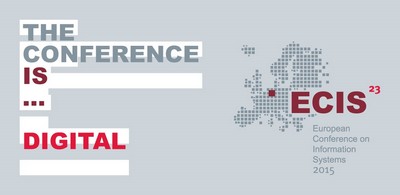DOI
10.18151/7217285
Abstract
Customer self-service technologies (SST) have been gaining increasing economic importance given their proliferation in the customer service industry. Self-service kiosks have gradually been replacing traditional service employees and their progress is expected to continue. The growing relevance of SST results in the need for companies to understand why customers are willing to use SST and which motivations drive SST adoption. Two central constructs determine a customer’s willingness to use SST, namely utilitarian and hedonic value. Thus, the aim of this paper is twofold: first, we explore the multidimensional nature of utilitarian and especially hedonic value. Second, we examine their relative importance in determining repeat use intention, depending on a customer’s prior experience with SST. We develop a research model based on means-end chain (MEC) theory. The results underline that both values positively influence repeat use intention of SST. While hedonic value is prevalent for customers with little experience, utilitarian value weights stronger for customers with more experience.
Recommended Citation
Cetto, Alexandra; Klier, Julia; and Klier, Mathias, "Why Should I Do It Myself? Hedonic and Utilitarian Motivations of Customers' Intention to Use Self-service Technologies" (2015). ECIS 2015 Completed Research Papers. Paper 25.
ISBN 978-3-00-050284-2
https://aisel.aisnet.org/ecis2015_cr/25


